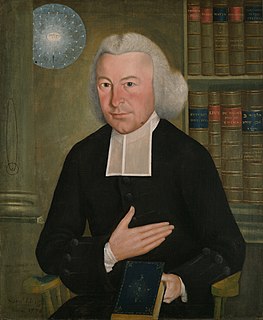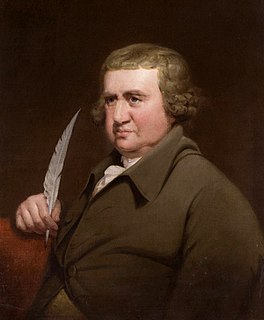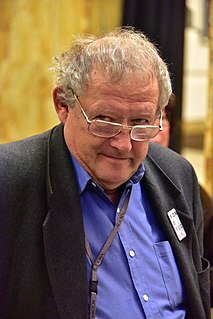A Quote by Ezra Stiles
It should seem, then, that the nature of society dictates another, a higher branch, whose superiority arises from its being the interested and natural conservator of the universal interest.
Related Quotes
Individuality in universality is the plan of creation. Each cell has its part in bringing about consciousness. Man is individual and at the same time universal. It is while realising our individual nature that we realise even our national and universal nature. Each is an infinite circle whose centre is everywhere and circumference nowhere. By practice one can feel universal Selfhood which is the essence of Hinduism. He who sees in every being his own Self is a Pandita (sage).
The nature of men and of organized society dictates the maintenance in every field of action of the highest and purest standards of justice and of right dealing.... By justice the lawyer generally means the prompt, fair, and open application of impartial rules; but we call ours a Christian civilization, and a Christian conception of justice must be much higher. It must include sympathy and helpfulness and a willingness to forego self-interest in order to promote the welfare, happiness, and contentment of others and of the community as a whole.
For my part, I feel that with regard to Nature I live a sort of border life, on the confines of a world, into which I make occasional and transient forays only, and my patriotism and allegiance to the state into whose territories I seem to retreat are those of a moss-trooper. Unto a life which I call natural I would gladly follow even a will-o'-the-wisp through bogs and sloughs unimaginable, but no moon nor fire-fly has shown me the cause-way to it. Nature is a personality so vast and universal that we have never seen one of her features.
Those laws, being forged for universal application, are in perpetual conflict with personal interest, just as personal interest is always in contradiction with the general interest. Good for society, our laws are very bad for the individuals whereof it is composed; for, if they one time protect the individual, they hinder, trouble, fetter him for three quarters of his life.
If the world is an aggregate of relatively independent regions, then any assumption of universal laws is false and a demand for universal norms tyrannical: only brute force (or seductive deception) can then bend the different moralities so that they fit the prescriptions of a single ethical system. And indeed, the idea of universal laws of nature and society arose in connection with a life-and-death battle: the battle that gave Zeus the power over the Titans and all other gods and thus turned his laws into the laws of the universe.
Start doing the things you think should be done, and start being what you think society should become. Do you believe in free speech? Then speak freely. Do you love the truth? Then tell it. Do you believe in an open society? Then act in the open. Do you believe in a decent and humane society? Then behave decently and humanely.
Surely knowledge of the natural world, knowledge of the human condition, knowledge of the nature and dynamics of society, knowledge of the past so that one may use it in experiencing the present and aspiring to the future--all of these, it would seem reasonable to suppose, are essential to an educated man. To these must be added another--knowledge of the products of our artistic heritage that mark the history of our esthetic wonder and delight.





































